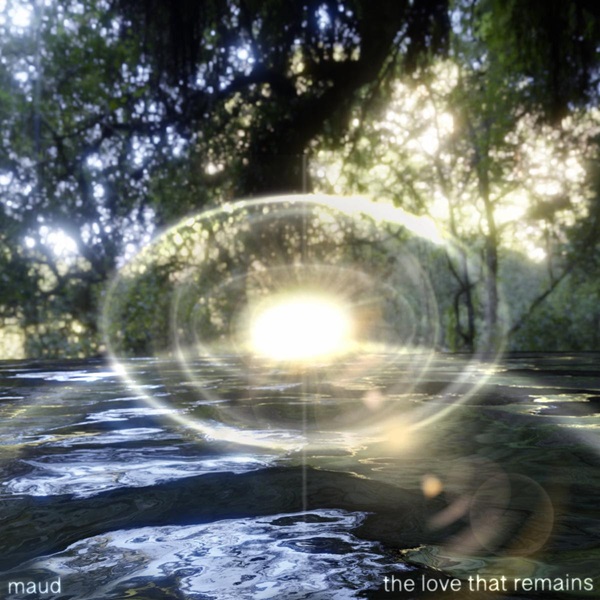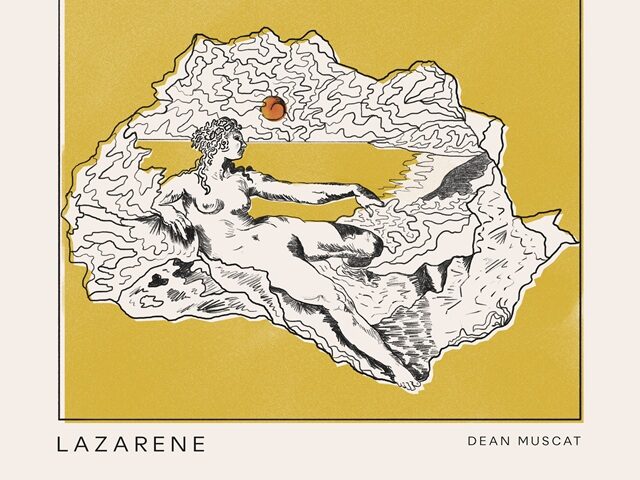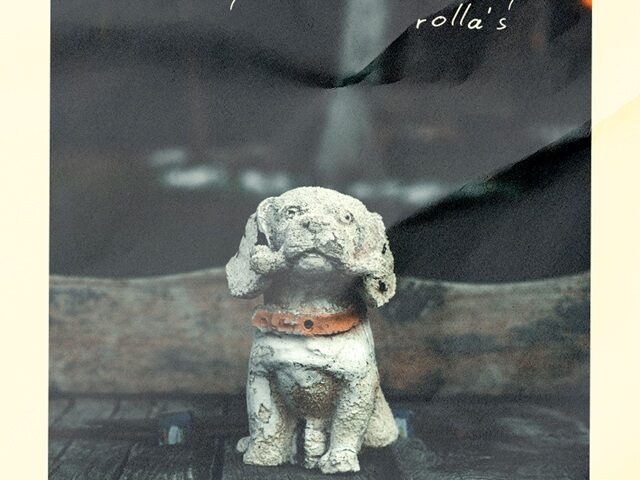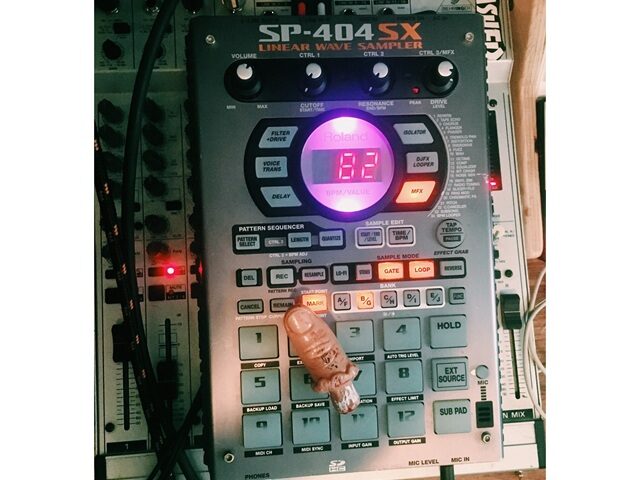
Blending dreamy soundscapes with hooky hyper-pop escalations, The Love That Remains is a captivating new album from Northern Norwegian artist and producer Maud. The artist’s masterful blend of club-friendly electronica melds with hyper-pop and dreamy atmospherics for a stimulating audible presentation, accompanied by self-described themes of “longing, melancholia, nostalgia, transformation and self-love.”
The album consistently enthralls with evolving structures and soundscapes, evident right away with the opening “Eternal.” A serene synth pad envelops alongside trickling, aquatic samples; the result is thoroughly relaxing and inviting. Wordless vocals incorporate seamlessly, adding a beautiful spaciousness as the nocturnal synth haunts continue linger.
The opener’s atmospheric blissfulness traverses effortlessly into the more pop-forward “Remind Me,” exemplary of Maud’s more hooky immediacy. “When the rain is falling, and the winds are calling,” the vocals start amidst thumping percussion, building alongside lush vocals and pulsing rhythms into the distorted bounciness past mid-point; the replay-inducing qualities are palpable.
A lusher sense of balladry is more present initially on “Forever.” Rainy-day piano movements venture into a memorable “this will be the last time refrain,” incorporating a higher-pitched vocal variation that resembles a dreamier PC Music arsenal. “Back To Myself” compels with similar aesthetical enjoyment — yearning to “find a way back to myself,” amidst percussive pit-pattering and multi-layered vocal immersion. Creative, atmospheric pop successes are in abundance throughout The Love That Remains.
“Stranger” is another showcase in striking versatility, cohesively moving between subdued spacey pop pursuits to a rhythmically bustling dance-friendly hookiness. Hi-hats signal an evident momentum as vocals let out: “it’s gonna get you, sooner or later.” The bass-y synth tones and brisker vocal pace — “don’t act like I’m a stranger to you,” — assemble for a devastatingly infectious central hook. Again, the artist’s balancing of atmosphere and pop-ready immediacy makes for an addictive standout.
Heartbreak is a notable inspiration within the album’s creative process, with the album title itself deriving from the Portuguese term “saudade,” translating to “a form of melancholic longing for something or someone you used to care about,” per Maud. The album was crafted during a period of grief from heartbreak; these thematic imprints are especially evident on tracks like “Stranger” and “Forever.”
However, rather than delving too deep into melancholy and heartache, the album stirs in its emphasis on recovery, healing, and self-love. The radiant “Let Me Feel It” embraces the influx of emotions, some turbulent and others personally constructive. “I need to get my shit together,” the vocals let out plainly, asking “how am I supposed to save you?” — and ultimately recognizing that oneself is not fully responsible for a relationship’s dissolution.
“It would be incredible if the album could help the listener to find a way back to themselves after a heartbreak or a difficult period – like it has helped me,” Maud says. Certainly, The Love That Remains consumes in its acknowledgement of heartbreak while also looking forward to a brighter future, set within a gorgeous production that balances dreamy hyper-pop and versatile electronica.





